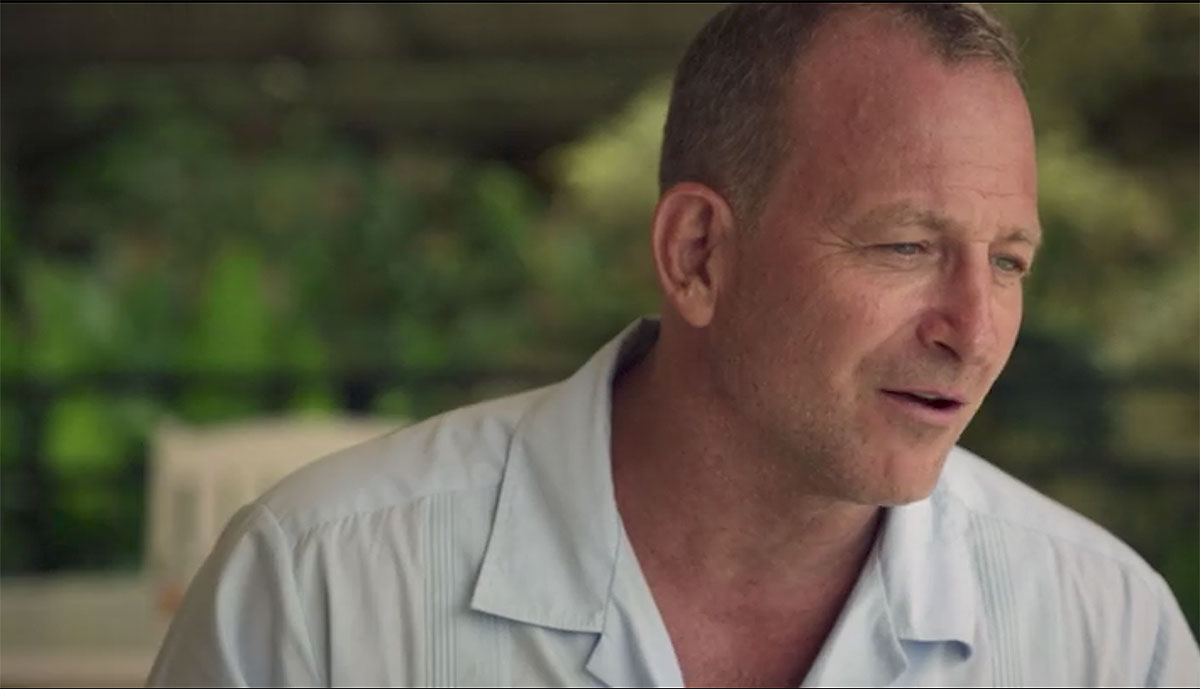About
 Timothy Schwartz has conducted research and worked on the island of Hispaniola for 27 years. He wrote his Master’s thesis on the impact of emigration on sending communities in Haiti. His PhD dissertation encompassed subsistence strategies, child labor, and marriage patterns in rural Haiti. He lived and worked in Haiti for more than 14 years, including 15 months in a fishing community in a thatch roof hut with a Haitian family and five years in a small farming community.
Timothy Schwartz has conducted research and worked on the island of Hispaniola for 27 years. He wrote his Master’s thesis on the impact of emigration on sending communities in Haiti. His PhD dissertation encompassed subsistence strategies, child labor, and marriage patterns in rural Haiti. He lived and worked in Haiti for more than 14 years, including 15 months in a fishing community in a thatch roof hut with a Haitian family and five years in a small farming community.
His popular book, Travesty in Haiti, explores the humanitarian sector from an experiential, largely first person perspective. More recently the Great Haiti Humanitarian Aid Swindle uses his experiences during the 2010 Haiti earthquake relief effort as a launching point to investigate major humanitarian issues that aid agencies have dramatically exaggerated in pursuit of donations and that journalists and activist-scholars have echoed in pursuit of readership and academic tenure. From extreme violence and cannibalism, to epidemic levels of rape and murder, to rampant child slavery, to the impossibly high earthquake death toll and homelessness, “Swindle” traces the historical source and evolution of these exaggerations and puts them into logical perceptive. His 2009 ethnographic book, Sex, Family, and Fertility in Haiti, explores life in rural Haiti from a materialist perspective, explaining such phenomenon as rejection of development initiatives, adherence to near stoneage subsistence strategies, the remarkable resilience of the those strategies, persistence of high birth rates, widespread polygyny, the value of child labor activities, and the the social and economic utility of institutions such as godparentage and persidyon (the belief that human fetus can remain in a state of suspended gestation for as long as five years). Schwartz also spent 10 years living and studying in the Dominican Republic, first in a squatter settlement at the edge of a batey near Santo Domingo while conducting social impact assessments for private corporations. Later he lived on a sailboat and worked as a freelance diver. For four years he wrote reports and worked part-time as an engineer for an international data center corporation. He has also worked and done research in Afghanistan, the Democratic Republic of the Congo, Mexico, Grenada, the Bahamas, and Kenya. He has designed and coordinated the research, managed the data, done the analysis and written the reports for more than 100 major surveys and evaluations on issues from health to childcare to livelihood strategies to humanitarian aid program efficiency to the performance of engineering corporations on major infrastructural works. He has worked for at least 60 different international aid organizations and is currently specializing in the design and implementation of full spectrum humanitarian aid data-management systems. The articles and reports shared on this site are what he sees as his most important work and learning experiences.
